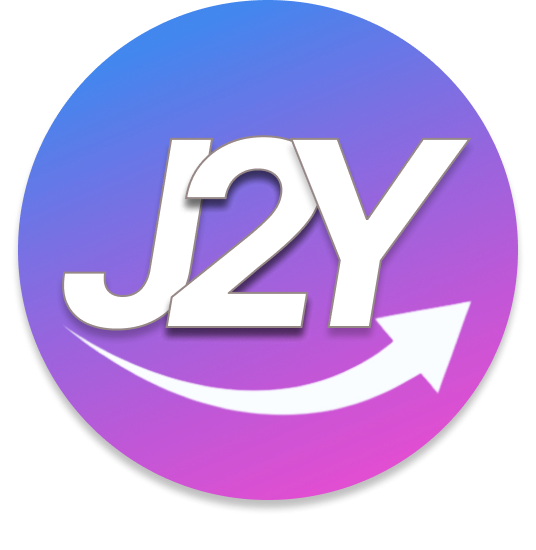Responsibilities:
People at Cadence play an important role in bringing new creative ideas to Cadence and helping us solve new technical challenges. Students will be part of a project team and learn relevant tools, workflows and technologies related to the work.
Trainees are assigned a mentor/manager who helps and guides them during this training period. During this course, trainees have the opportunity to do some hands-on demonstrations to learn how real equipment works. They also learn the nuances of working in a team and in the corporate world.
From day one at Cadence, interns are expected to develop high performance skills. They are encouraged and supported to take this opportunity to learn and develop their skills. With a combination of passion and natural talent, interns are expected to increase their presence and influence for Cadence.
Position requirements:
- Fresher Post Graduate in Electronics Engineering or Computer Science
- Excellent digital/analog skills
- Strong analytical and problem solving skills
- Excellent algorithmic skills
- Team player
- Strong ability and willingness to learn
- Excellent oral and written communication skills
Tenure: 11 months
About the company
Cadence is a key leader in electronic systems design based on over 30 years of computing software experience. The company uses a core intelligence system design strategy to deliver software, hardware and IP that turn design concepts into reality.
Cadence’s customers are the world’s most innovative companies, delivering outstanding chip-to-board electronics products to complete systems for the most dynamic market applications, including hyperscale computing, 5G communications, automotive, mobile, aerospace, consumer, industrial and healthcare. Fortune Magazine has named it one of the 100 Best Companies to Work For eight years in a row.
A private company is classified as a limited company. The company has a registered capital of $1.0 million and a paid-up capital of $0 with 0.0%. 0 million.
The company develops chips, systems and IP including interfaces, memory, analog, SoC peripherals, data processing units and software, hardware and intellectual property (IP) used for testing.
Skills Electronic design automation (EDA) software, hardware, IP and services.



